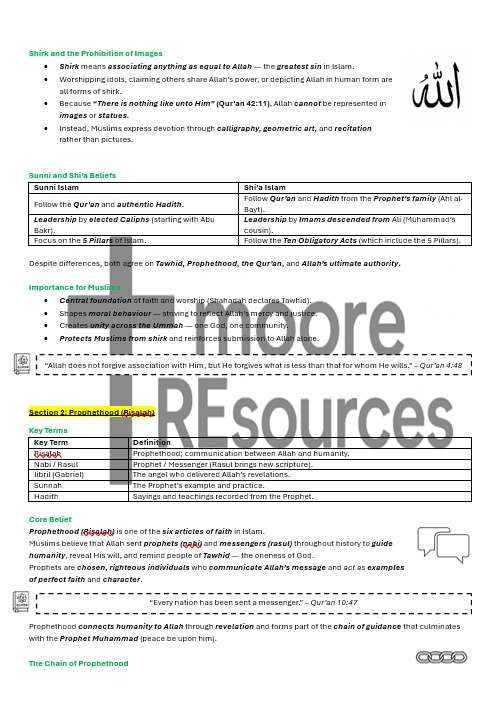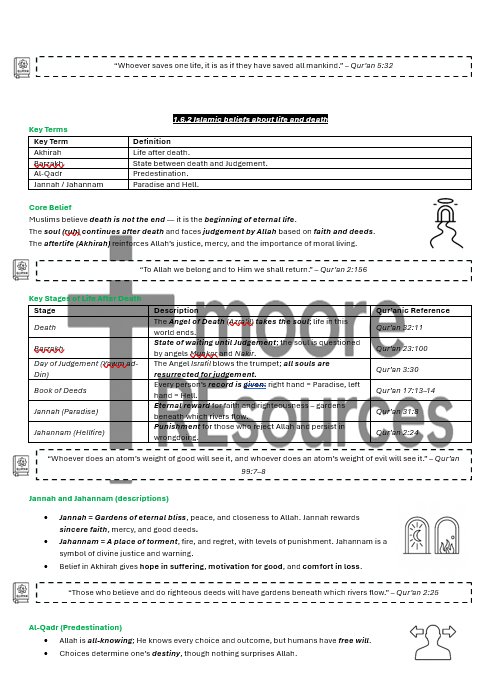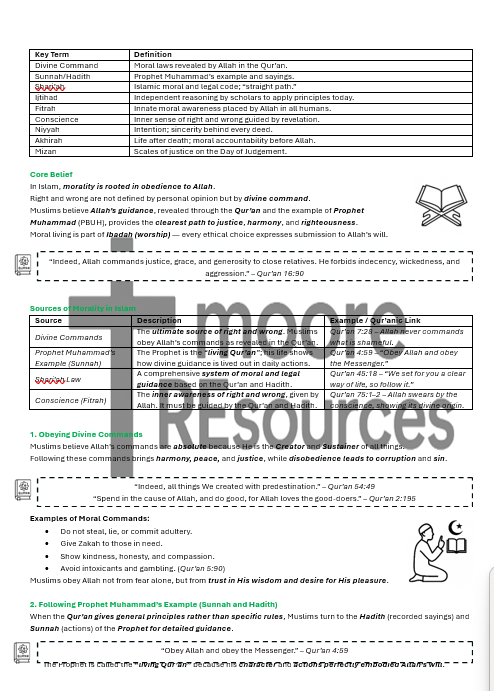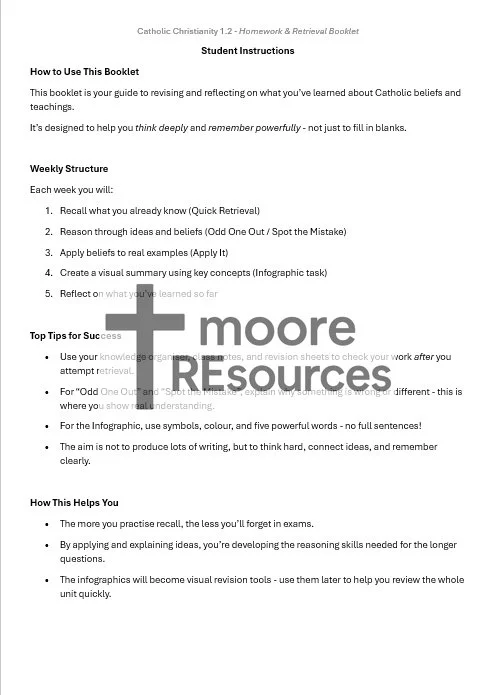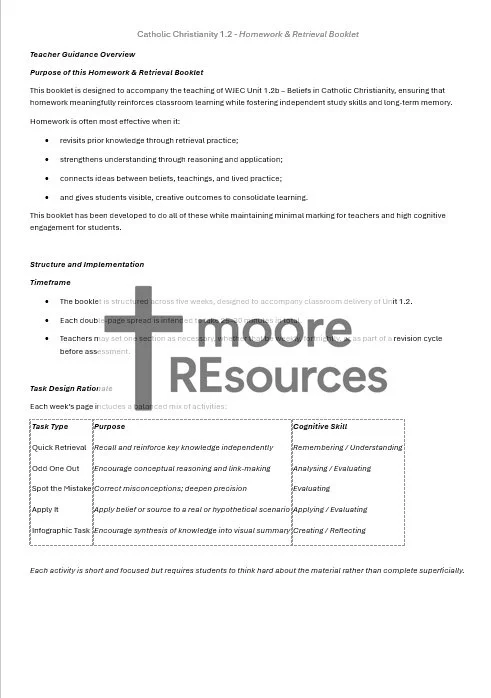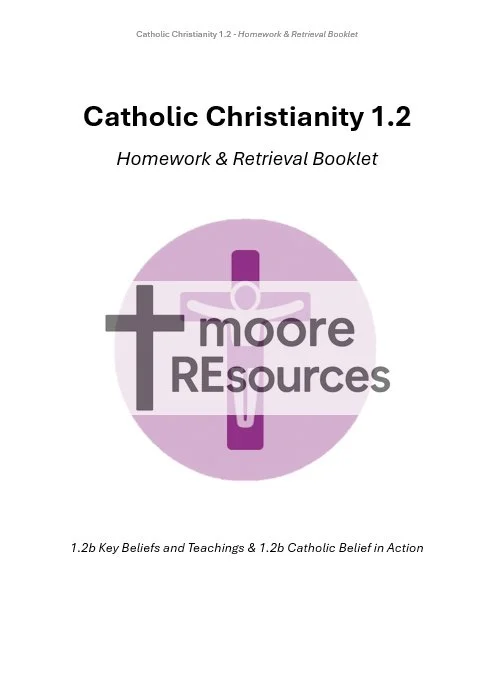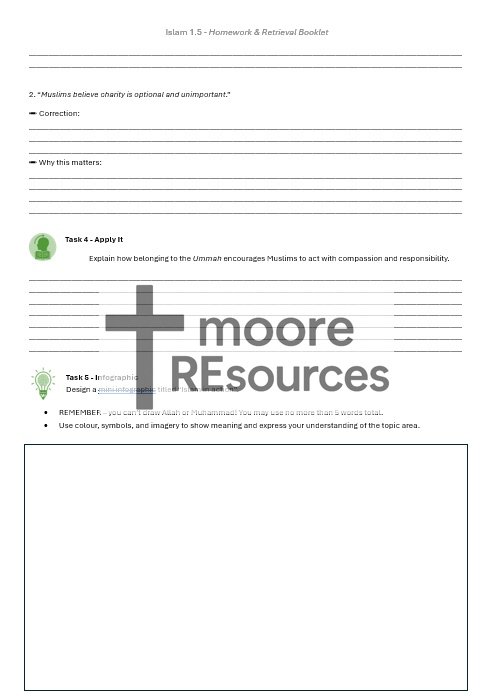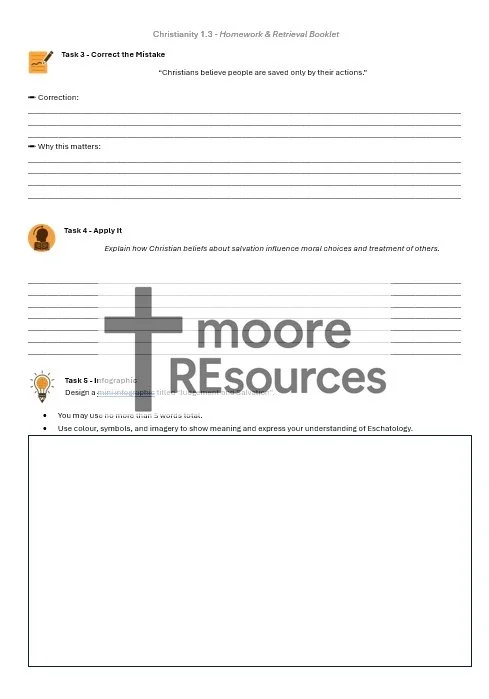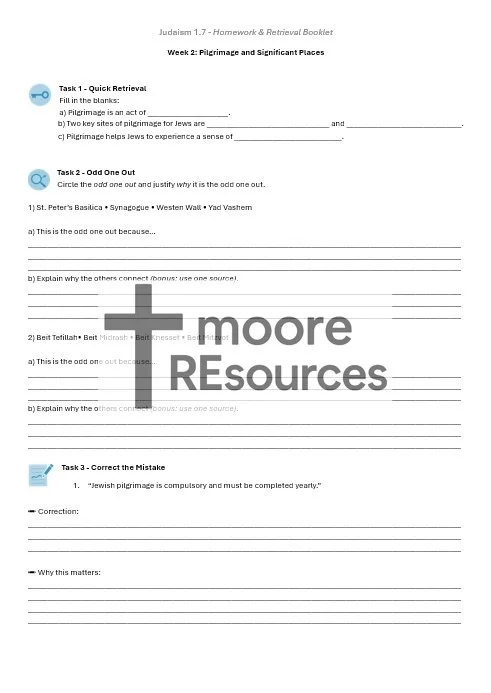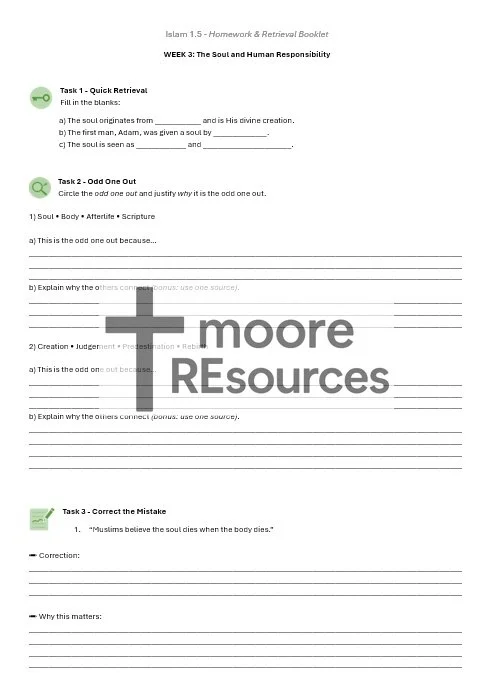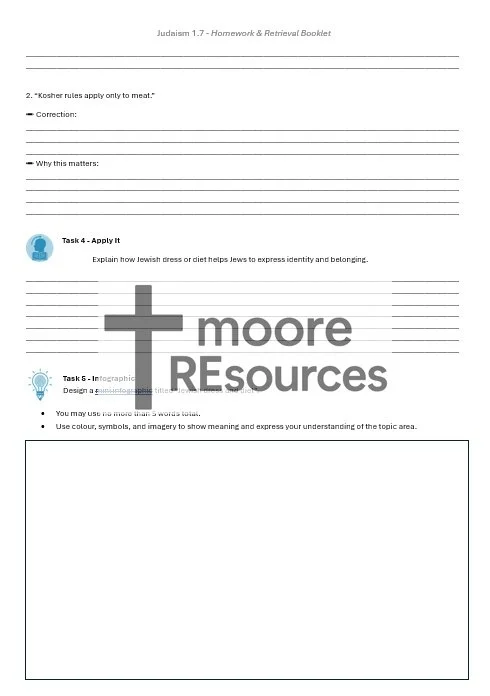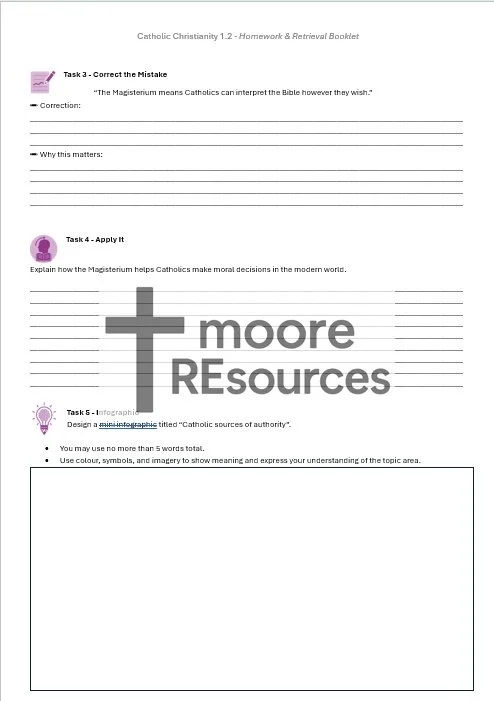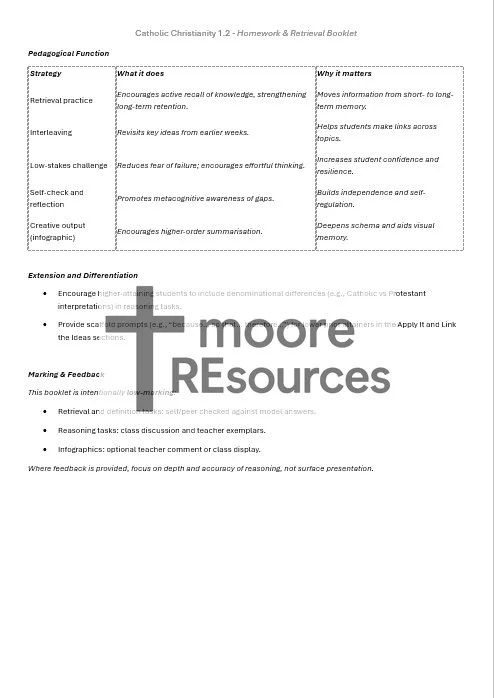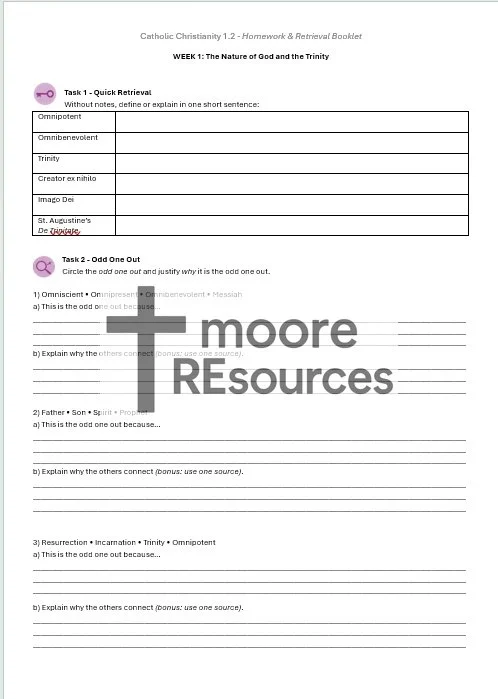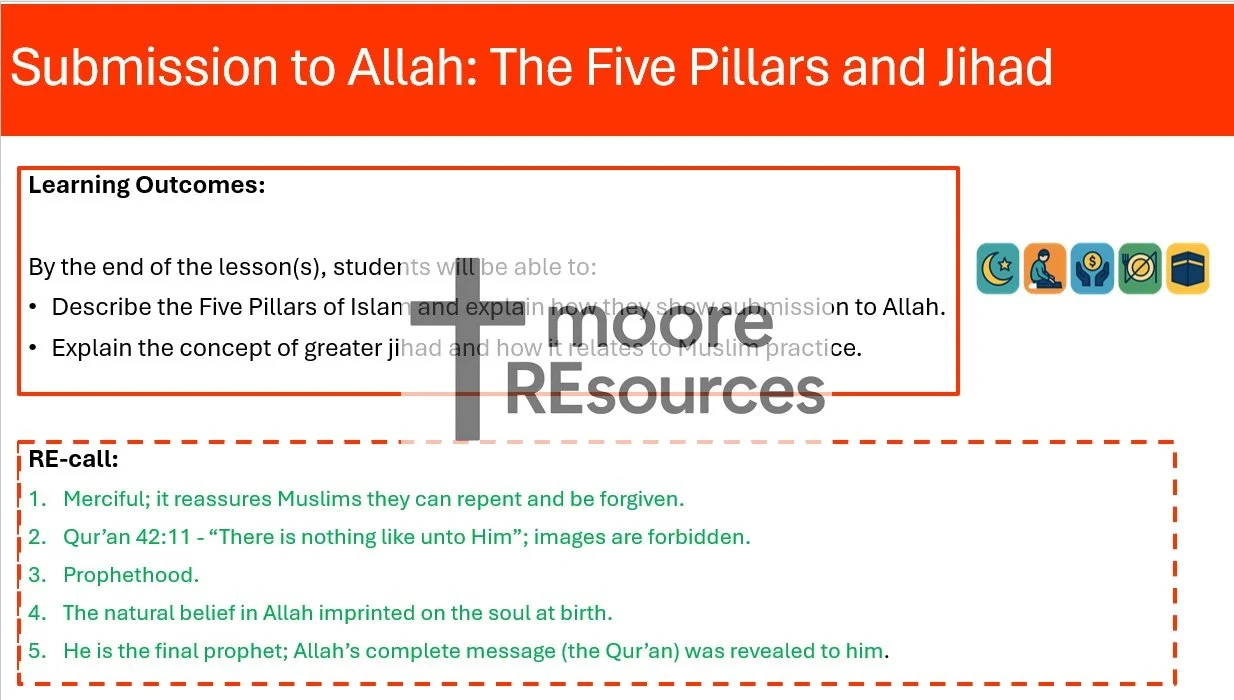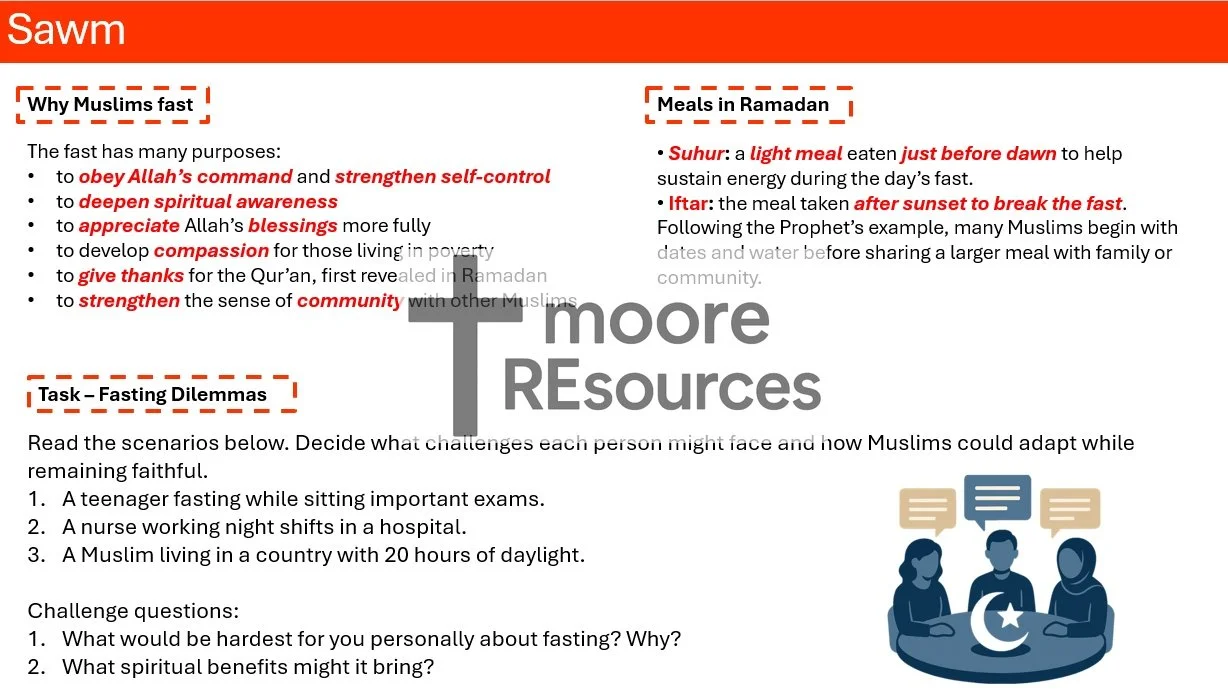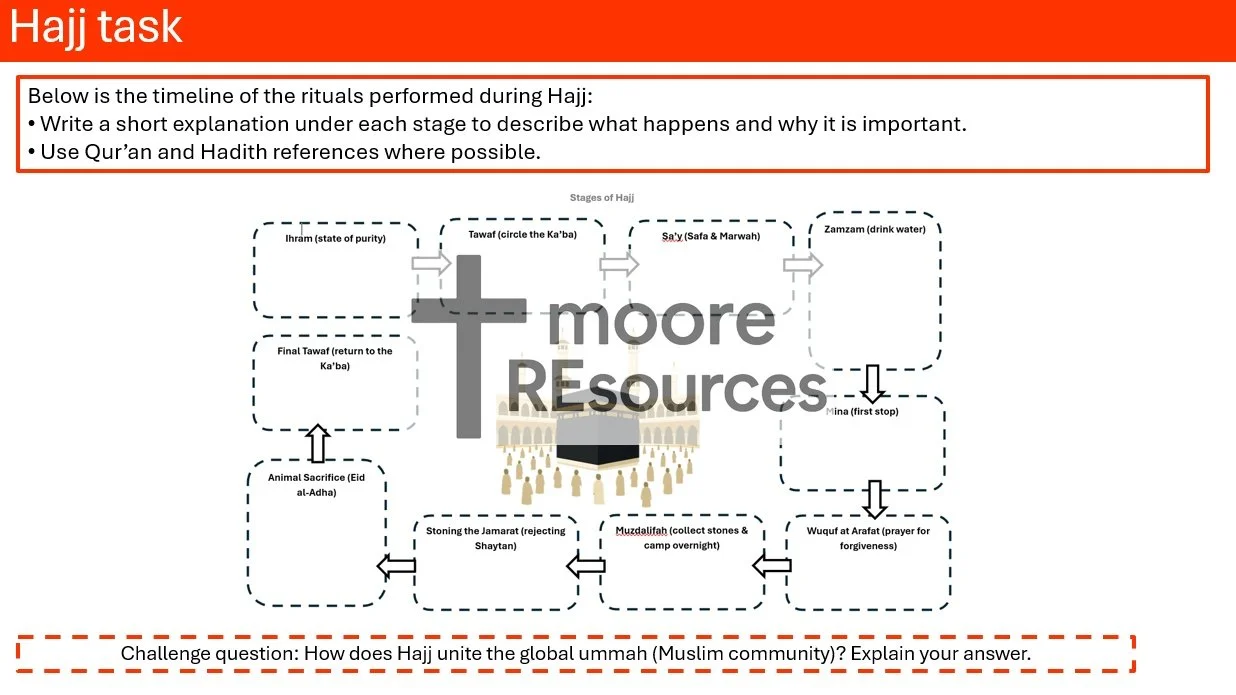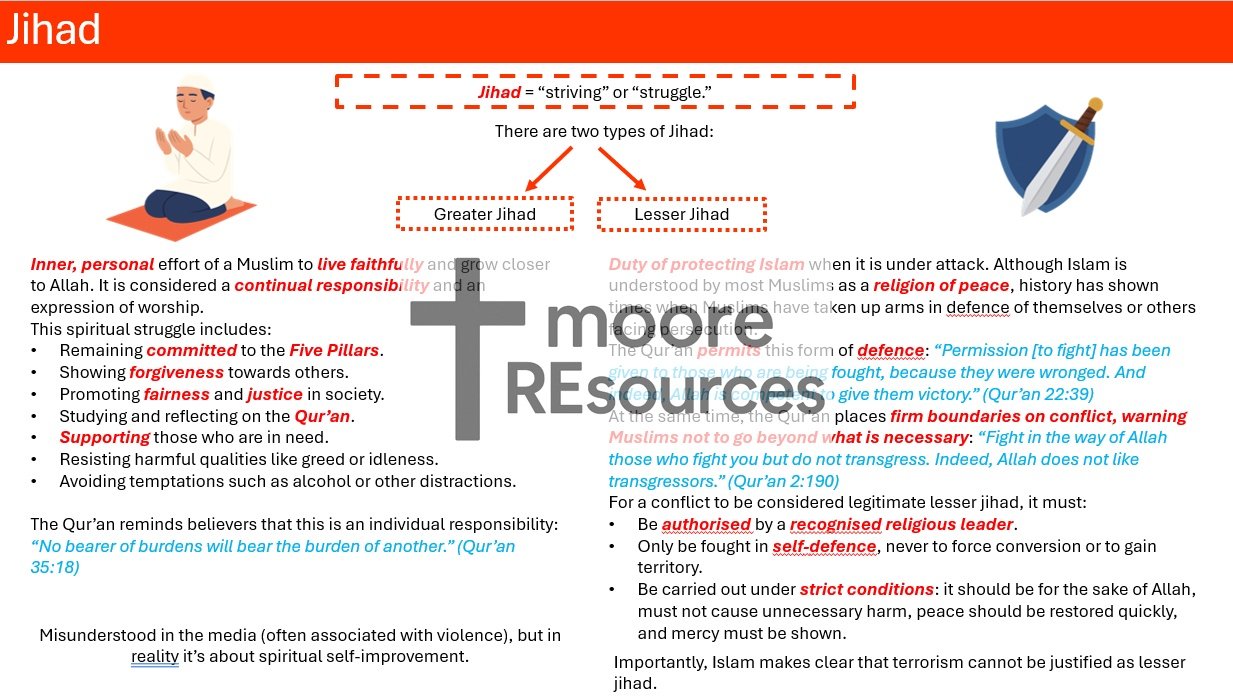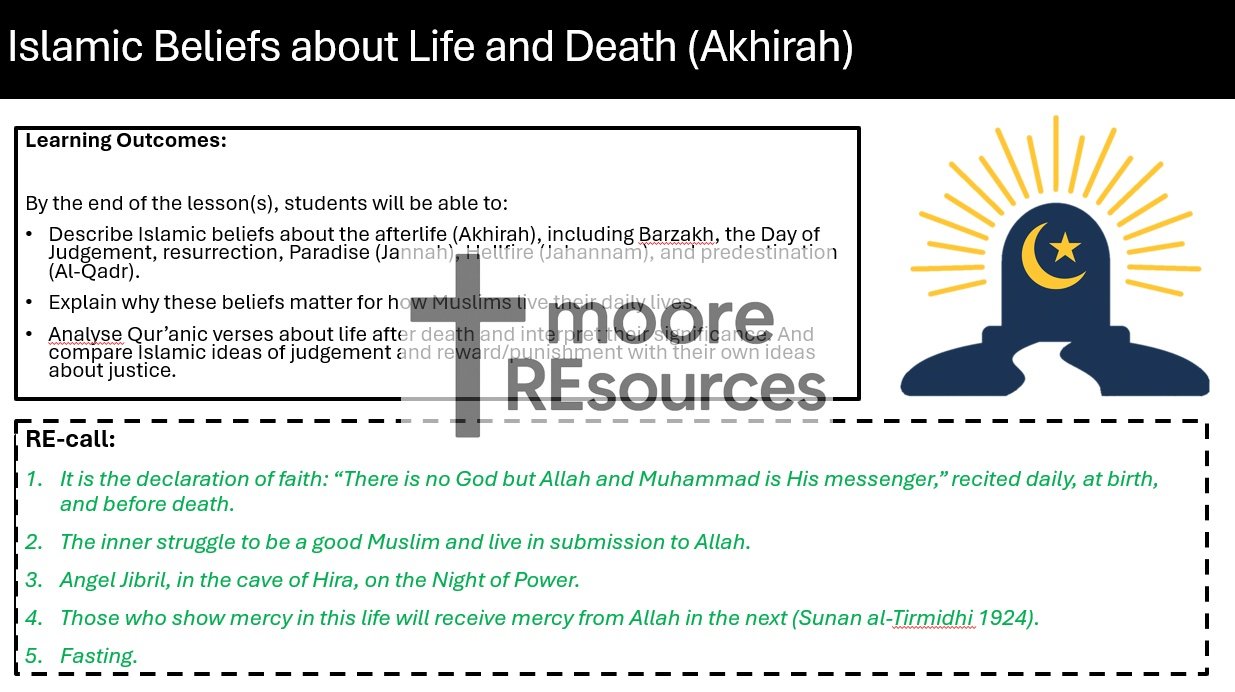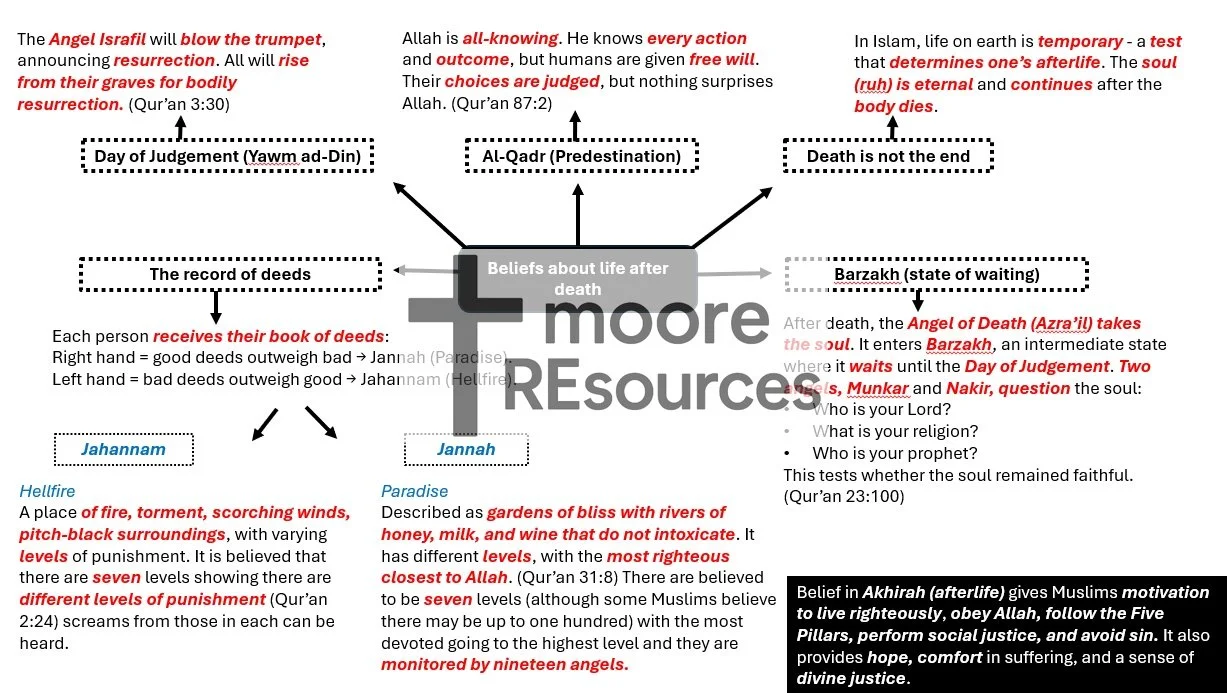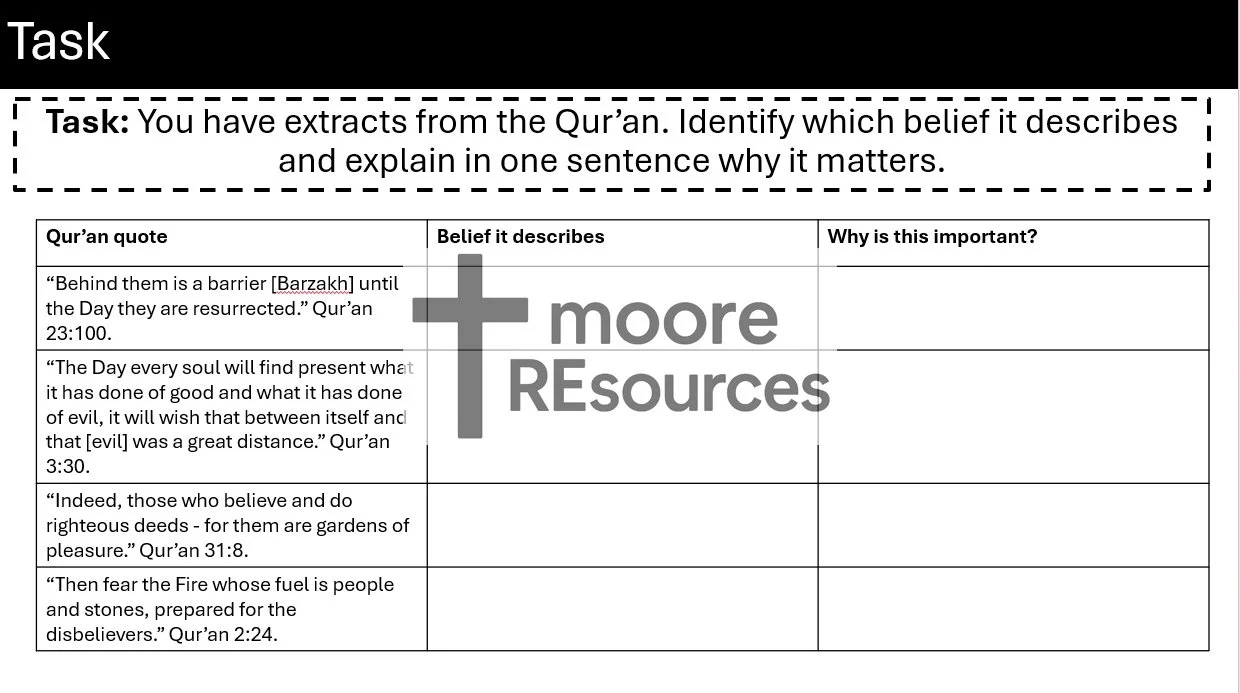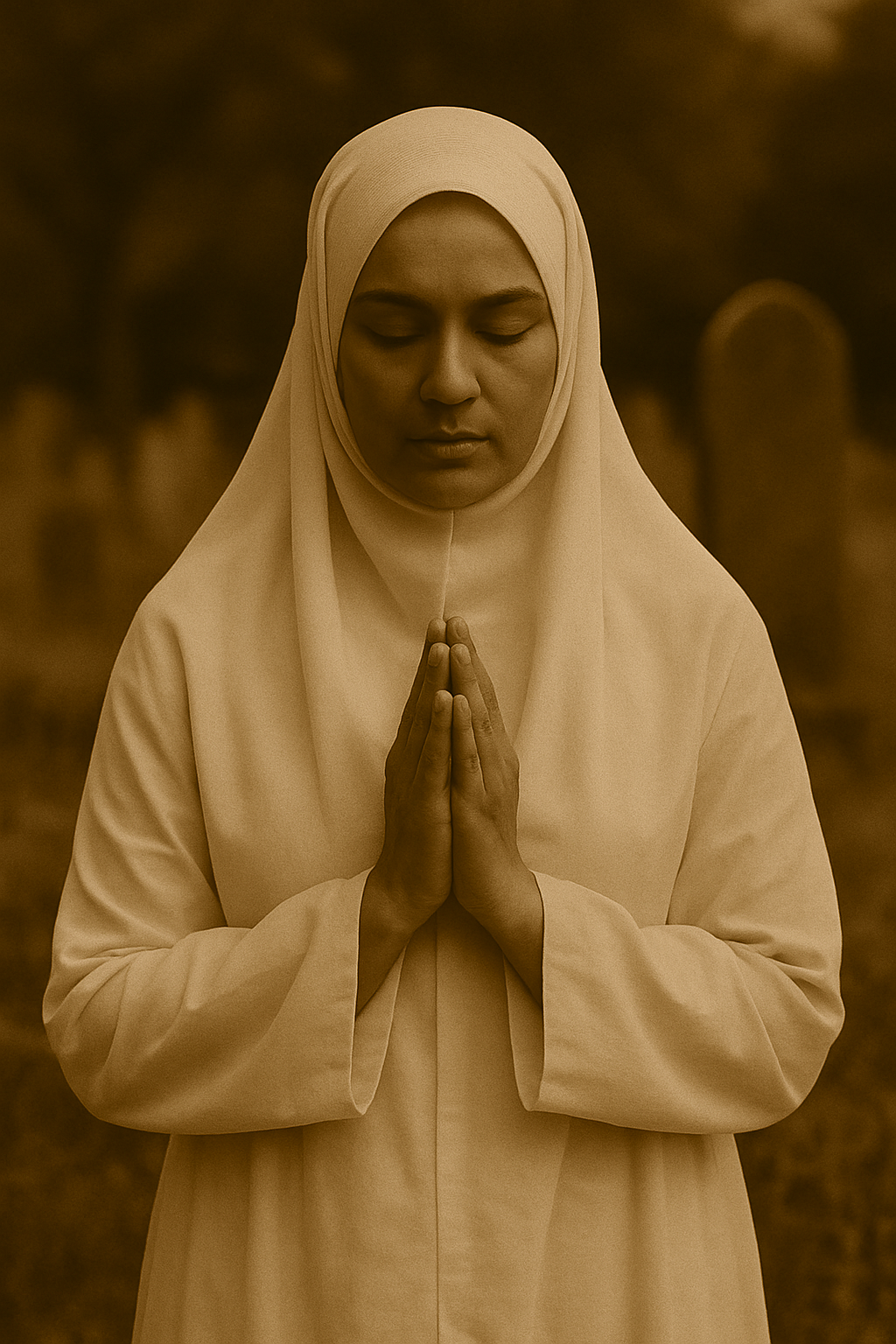 Image 1 of 4
Image 1 of 4

 Image 2 of 4
Image 2 of 4

 Image 3 of 4
Image 3 of 4

 Image 4 of 4
Image 4 of 4





1.63 Islamic Mourning and Funeral Practices
Support students in understanding the deep spiritual and communal significance of death rites in Islam with this sensitive and well-structured Lesson Pack for 1.63: Islamic Mourning and Funeral Practices. Fully aligned with the WJEC Religious Studies 2025 specification, this resource explores how beliefs about the afterlife shape funeral rituals, mourning customs, and acts of remembrance in the Muslim faith.
Learners Will Understand:
The Importance of Mourning and Funeral Rites
Committing the deceased to Allah with dignity and prayer
Giving thanks for the person’s life while recognising death as part of divine will
Expressing faith in the afterlife through signs, rituals, and symbolism
Remembering the deceased within the community and honouring their legacy
Islamic Mourning Practices
Increased acts of devotion and prayer during the mourning period
Receiving guests, expressing condolences, and supporting the bereaved
Customs such as avoiding decorative dress, wearing white, and observing a respectful period of mourning
Islamic Funeral Practices
Performing Ghusl Mayyit (ritual washing) and Kafan (shrouding)
Offering Salat al-Janazah (funeral prayer)
Burial within 24 hours, with the body facing Makkah
Dua (supplication) at the graveside and giving to charity on behalf of the deceased (sadaqah)
Suitable for:
WJEC GCSE Religious Studies (2025)
Islam units at KS4
Core RE, revision, and homework tasks
Cover lessons and remote learning
Support students in understanding the deep spiritual and communal significance of death rites in Islam with this sensitive and well-structured Lesson Pack for 1.63: Islamic Mourning and Funeral Practices. Fully aligned with the WJEC Religious Studies 2025 specification, this resource explores how beliefs about the afterlife shape funeral rituals, mourning customs, and acts of remembrance in the Muslim faith.
Learners Will Understand:
The Importance of Mourning and Funeral Rites
Committing the deceased to Allah with dignity and prayer
Giving thanks for the person’s life while recognising death as part of divine will
Expressing faith in the afterlife through signs, rituals, and symbolism
Remembering the deceased within the community and honouring their legacy
Islamic Mourning Practices
Increased acts of devotion and prayer during the mourning period
Receiving guests, expressing condolences, and supporting the bereaved
Customs such as avoiding decorative dress, wearing white, and observing a respectful period of mourning
Islamic Funeral Practices
Performing Ghusl Mayyit (ritual washing) and Kafan (shrouding)
Offering Salat al-Janazah (funeral prayer)
Burial within 24 hours, with the body facing Makkah
Dua (supplication) at the graveside and giving to charity on behalf of the deceased (sadaqah)
Suitable for:
WJEC GCSE Religious Studies (2025)
Islam units at KS4
Core RE, revision, and homework tasks
Cover lessons and remote learning






